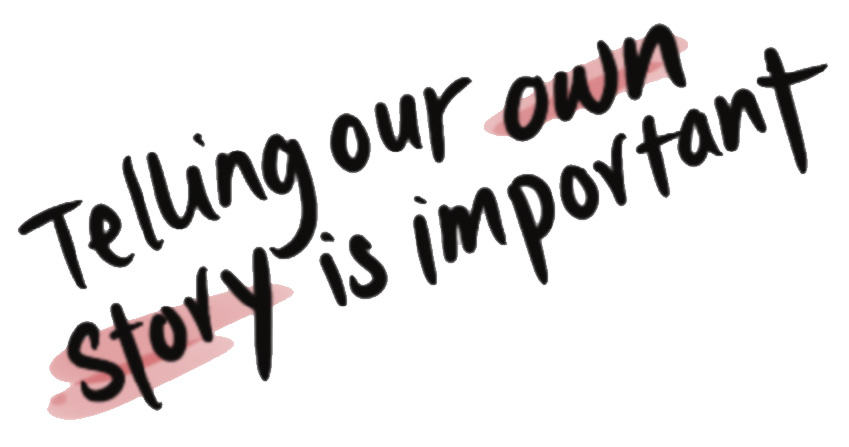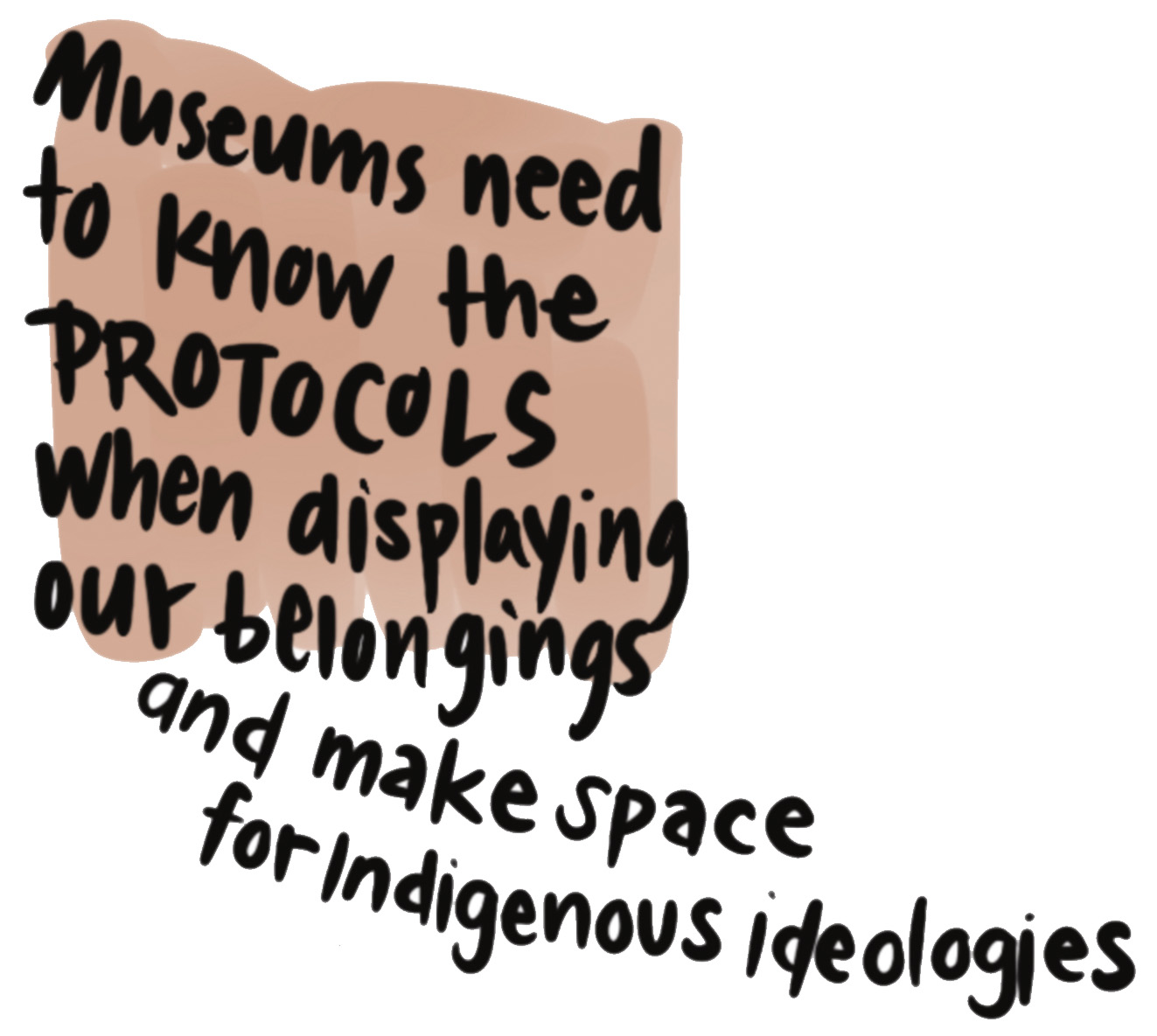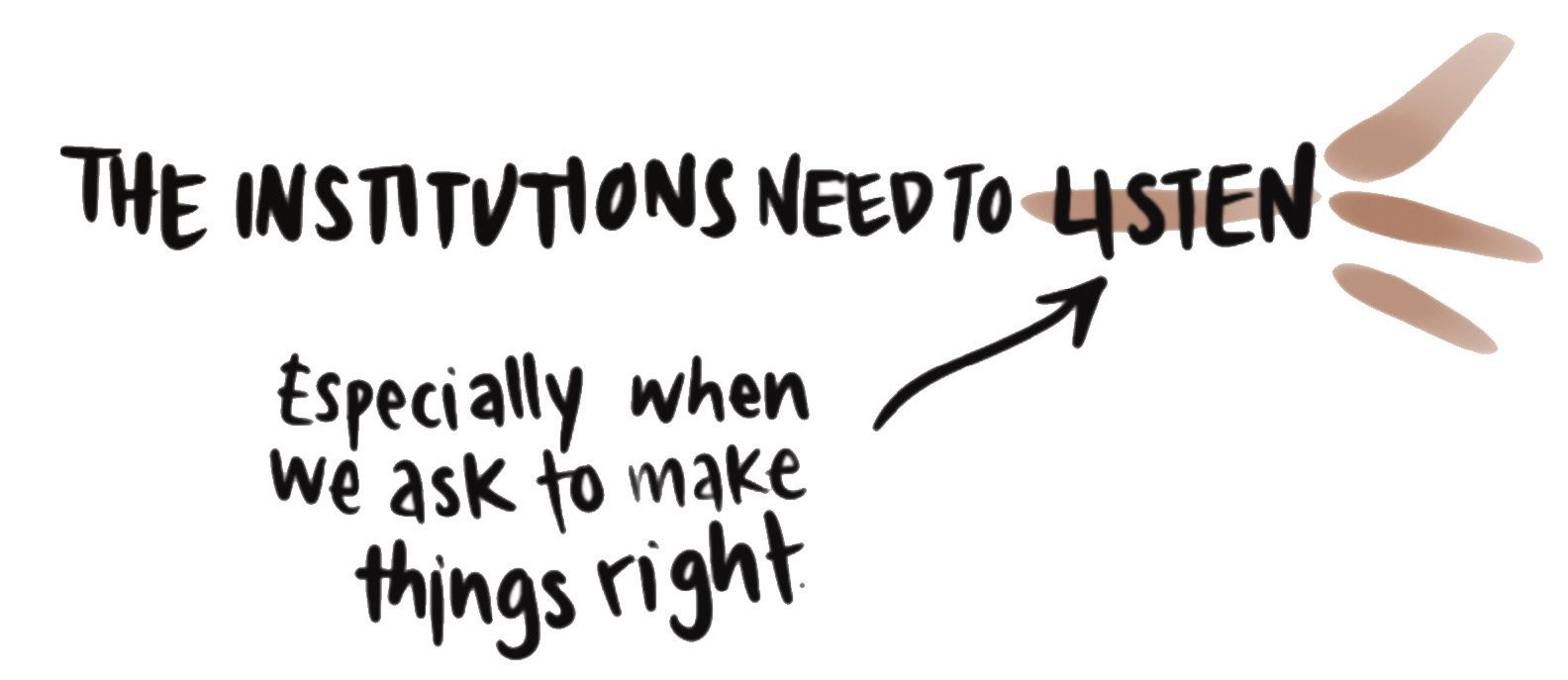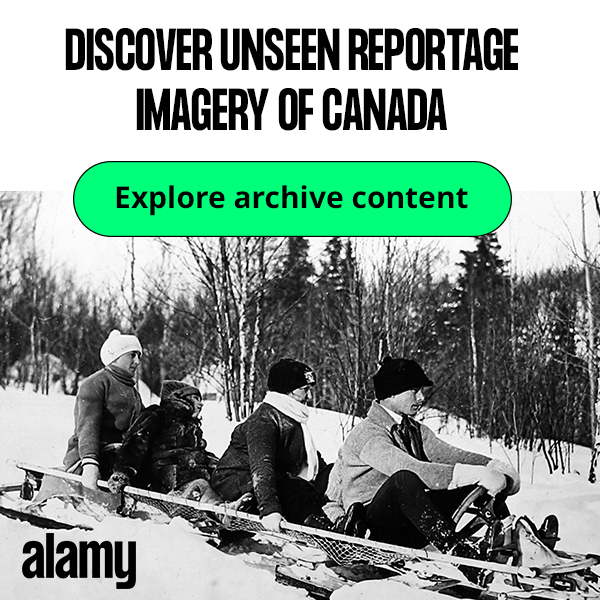
Reconciliation Update
Rebecca MacKenzie
Let’s talk for a minute about managing multi-year programs. About decolonizing your organization, about engaging in Reconciliation based work through leadership changes, a global pandemic and overdue resurgence of focus on Indigenous issues by the general Canadian public.
I have been with the CMA a relatively short time, just over 3 years. In that time, I have worked for 3 different direct supervisors and adapted to the leadership styles of 4 directors. The CMAs Reconciliation Program has attempted to do the same, navigating the changing leadership, personal influence and external factors that have contributed to where we are now.
Brave and talented Reconciliation Program leadership has come, and for a variety of reasons has gone, not the least of which relate to the tension that develops when doing decolonial work for a non Indigenous-led organization. In a similar fashion, program guidance in the form of Reconciliation Council members has met similar issues, with members struggling to gain access to information, and having time to have their concerns heard and valued.
| Musée améridien de Mashteuiatsh |
 |
 |
None of this to say that the CMA’s executive leadership wasn’t effective or helpful to the organization but should rather serve as a warning that projects formed outside of community oversight and without transparency will be harmful simply because they are being developed in direct opposition to a good way of doing things, ignoring Indigenous teachings of community decision and discussion and not prioritizing the voices of many and group consensus.
When the CMA lost the entirety of its executive leadership in the spring of 2021, it took the organization the better part of 6 months to pull together our budgets, catch our breath and rediscover a new collective vision.
| Wanuskewin Heritage Park |  |
 |
We are finally up and running again, particularly in regard to the Reconciliation Program which is now in the capable hands of Stephanie Danyluk, the Reconciliation Program Manager. While we hope after a long gap to provide the consistency, the support and ambition the program needs, there is no getting back the time that has been lost.
Following with a recommendation from the Reconciliation Council, a project extension has been approved by our funder, the Department of Canadian Heritage. The new timeline is still ambitious, with this phase of the program to be completed by the Fall of 2022.
We appreciate the support and patience the Reconciliation Council members have shown the program over three years of stopping and starting. What we have found together is a supportive and re-energized community ready to continue working.
| Haida Gwaii Museum |
 |
 |
What will we offer to you following this long wait? What we were asked for by Call to Action #67: “a national review of museum policies and best practices to determine the level of compliance with the United Nations Declaration on the Rights of Indigenous Peoples (UNDRIP) and to make recommendations.”
There will also be a toolkit developed to provide a national baseline of support for museums, and museum workers (Indigenous and non), and Indigenous communities to go forward in this collaborative work with less anxiety and more community understanding.
We are fortunate to have the work of Barbara Filion, previous program director, and SM Leduc, former Reconciliation Museologist to build from. Our hope is that the final product will do credit to their respective visions.
Significant work was also undertaken by Catherine Bell to provide context and support about the confluent role of UNDRIP and museums and we thank her deeply for her legal expertise and ongoing guidance to the program.
| Metis Crossing |
 |
 |
In our broader circle, we have healthy and positive relationships with the provincial and territorial museums associations, some of whom are already full-steam ahead in providing resources for museums to engage in reconciliation and decolonization initiatives. We are also keeping an eye on developments in the broader heritage sector, ensuring that we but our support and resources behind fully Indigenous-led initiatives.
Call for Submissions
The upcoming months will mean a lot of work for CMA staff and council members, as we increase our meetings and build on our previous engagement sessions by opening discussions with more than 20 museums and Indigenous communities. There will be work for you to do as well. As we move toward the final stages of information gathering, we are simply unable to host engagement sessions with everyone involved in this important work. Nor do we wish to place an additional burden on the Indigenous peoples who inform these spaces.
| Membertou Heritage Park |
 |
 |
To avoid duplication in the work already underway with Indigenous communities, we are seeking submission on feedback, identifying key issues, and recommendations for the inclusion and representation of Indigenous communities within museums and cultural centres.
These submissions can be in the form of written reports prepared by organizations on the work you are doing to promote or assist reconciliation in museum spaces. They can be recommendations for case studies that showcase examples of reconciliation in action, to complement our report and inform our proposed recommendations. We encourage museums of all sizes are encouraged to connect with us to share their knowledge and experience.
More specifically, the CMA is seeking your insight on the following topics:
- Welcoming and Culturally Safe Spaces
- Belongings/Collections — Repatriation, Access, and Care
- Indigenous-driven Representation
- Indigenous-Canadian Relations
- Community Perspectives, Involvement, and Support
- Employment and Leadership: Strategies and Opportunities
- Museum Policies
The deadline for the receipt of submissions is April 31, 2022. The CMA requests that submissions be limited to 3,000 words and framed against the discussion topics noted above or include other information relevant to the work of the Program mandate. Word documents, PDF format submissions, or inquiries for additional information can be sent to our Reconciliation Manager, Stephanie Danyluk, at sdanyluk@museums.ca. M
